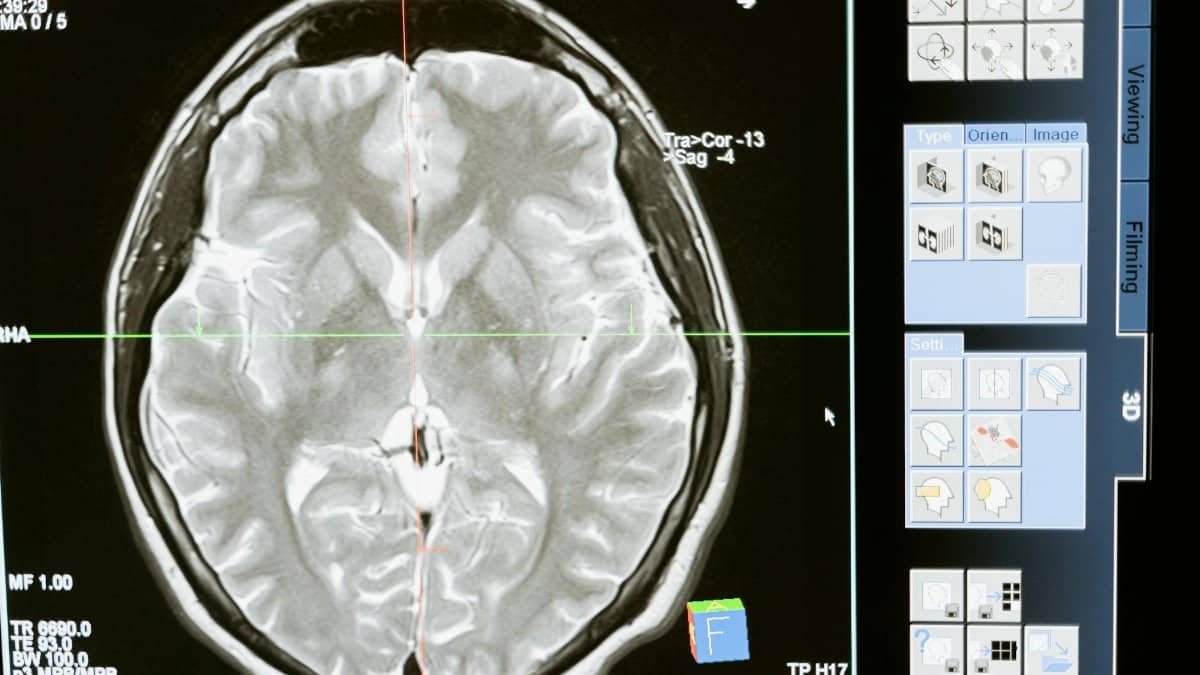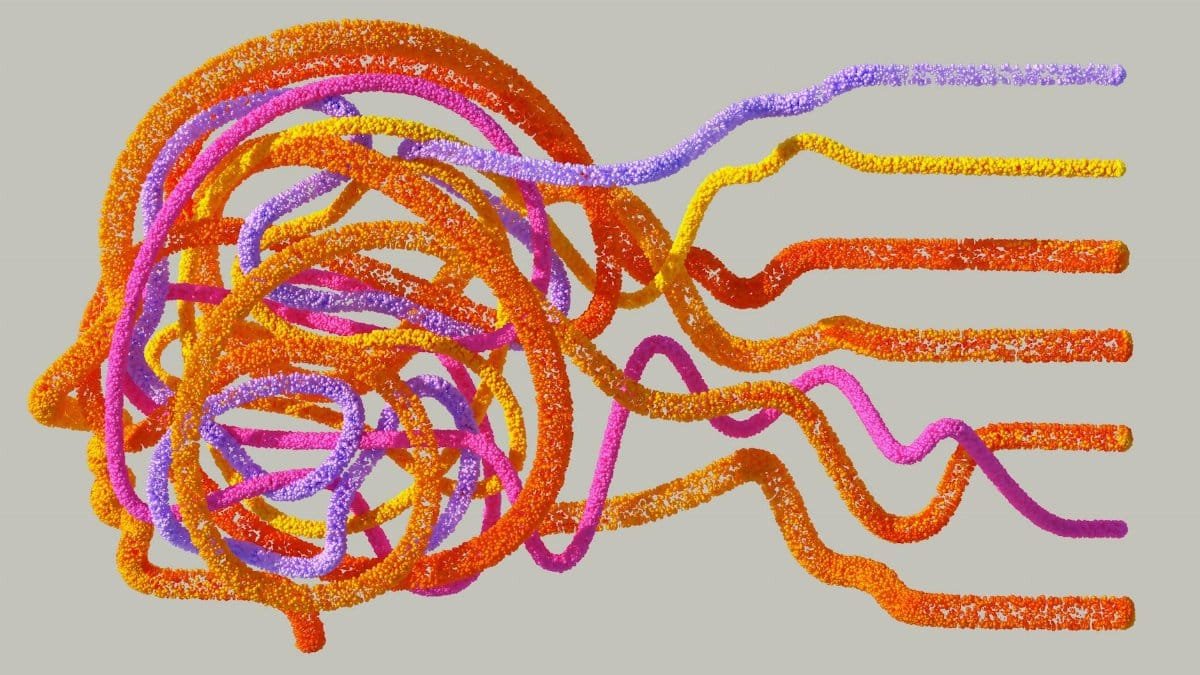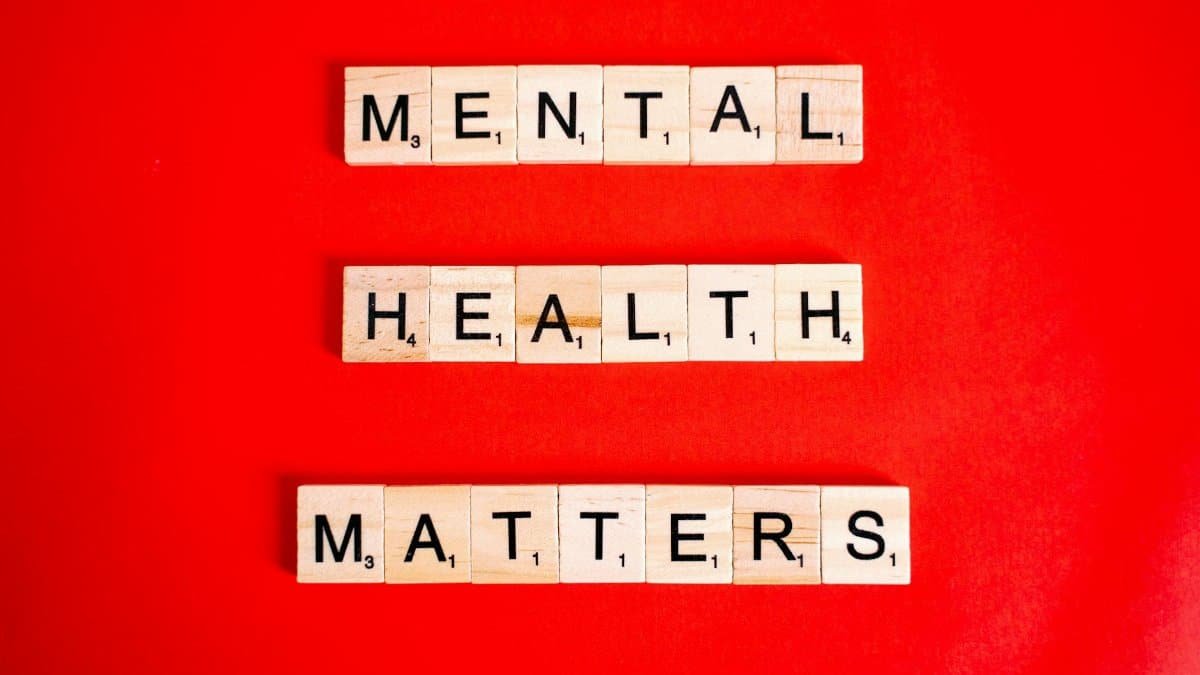Could a simple practice like meditation reshape the way our brains handle emotions and memories? A groundbreaking meditation deep brain regulation study from Mount Sinai, published on February 4, 2025, in the Proceedings of the National Academy of Sciences (PNAS), suggests just that. Researchers have uncovered compelling evidence that meditation directly influences activity in the amygdala and hippocampus—two critical brain regions tied to emotional processing and memory. This discovery points to meditation as a powerful, non-invasive tool for mental well-being, opening new doors for therapeutic approaches in 2025 and beyond.
Groundbreaking Study Unveils Brain Changes

A team at Mount Sinai has delivered a significant advancement in understanding how meditation impacts the brain. Using intracranial electroencephalography (EEG), a method that records brain activity with high precision, researchers observed direct changes in neural patterns during meditation. The study, released on February 4, 2025, in PNAS, provides hard evidence of meditation’s influence on deep brain structures. This isn’t just speculation—it’s a measurable shift, captured through cutting-edge technology, that could redefine mental health strategies.
Focus on Amygdala: Emotional Control Center

The amygdala, often called the brain’s emotional hub, plays a central role in how we process fear, stress, and other intense feelings. The Mount Sinai study found that meditation actively modulates activity in this region. This suggests that regular meditation could help individuals manage emotional responses more effectively, potentially reducing anxiety or overreactions to stress. For those grappling with emotional turbulence, this finding offers a glimpse of a natural, accessible way to regain balance.
Hippocampus Activity: Memory in the Spotlight

Equally striking is meditation’s effect on the hippocampus, a brain area crucial for memory formation and retrieval. The research indicates that meditation alters activity here, which could enhance how memories are processed or stored. This has implications not just for everyday recall but also for conditions like post-traumatic stress disorder (PTSD), where memory processing often goes awry. The study hints at meditation as a tool to support cognitive health in a non-invasive way.
Non-Invasive Potential for Mental Well-Being

One of the most exciting takeaways from this meditation deep brain regulation study is its non-invasive nature. Unlike pharmaceutical interventions or invasive procedures, meditation requires no external tools beyond one’s own mind and a quiet space. The Mount Sinai findings underscore its potential as a low-cost, widely accessible method to improve mental health. In a time when mental health challenges are on the rise across the U.S., this could be a game-changer for many.
Implications for Therapeutic Practices

The study’s results are already sparking discussions among mental health professionals about integrating meditation more deeply into therapeutic practices. If meditation can reliably influence key brain regions like the amygdala and hippocampus, it could become a cornerstone of treatment plans for anxiety, depression, or trauma-related disorders. While more research is needed to establish long-term effects, this initial data provides a strong foundation for future clinical applications in 2025 and beyond.
Bridging Science and Ancient Practice

Meditation, a practice rooted in ancient traditions, is now being validated by modern neuroscience. The Mount Sinai study connects centuries-old techniques with contemporary scientific methods, showing that what was once considered purely spiritual has tangible biological effects. This intersection of science and tradition could encourage more Americans to explore meditation, especially as public interest in mindfulness continues to grow. It’s a powerful reminder that old wisdom can find new relevance through rigorous research.
Broader Context in U.S. Mental Health Trends

In the U.S., mental health concerns remain a pressing issue, with millions seeking effective, affordable solutions. According to data from the National Institute of Mental Health, anxiety disorders alone affect over 30% of adults at some point in their lives. The Mount Sinai findings on meditation’s brain-regulating effects come at a critical time, offering a potential complement to existing treatments. For more on mental health statistics, visit NIMH Statistics.
Future Research Directions

While the Mount Sinai study marks a significant step forward, researchers emphasize that this is just the beginning. Further studies are needed to understand how long these brain changes last and whether specific types of meditation yield different results. The use of intracranial EEG also sets a high bar for precision in future research. Interested readers can explore ongoing neuroscience studies at Mount Sinai Research for updates on related work.
Why This Matters Now

As stress and mental health challenges continue to impact Americans in 2025, the Mount Sinai meditation deep brain regulation study offers a timely insight. It’s not just about feeling calmer—it’s about measurable changes in brain function that could improve lives. With emotional and memory processing at the core of many psychological struggles, meditation’s potential to modulate these areas naturally is a promising development. This research could pave the way for broader acceptance of mindfulness as a legitimate health intervention.
